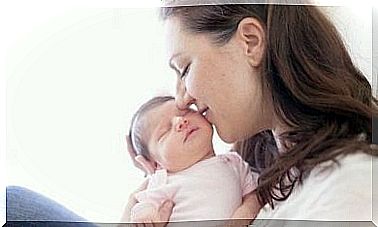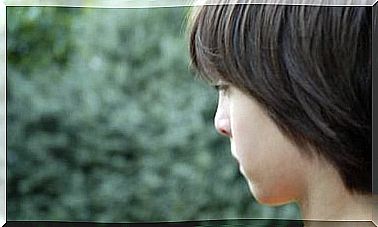This Is What Happens When You Are A Permissive Parent
Permissive parents are parents who do not want problems, conflicts, let alone having to face their children. In this style of child rearing, indulgence and non-establishment of norms, limits and firmness in child rearing prevail.
When parents exercise a permissive parenting style and the children are still young, they may not realize the magnitude of the consequences of continuing with this type of attitude in the future. This upbringing can affect the child’s development, social skills and the relationship and affective bond between parents and children.
What are the characteristics of permissive parents?
Permissive parents are easily defined: in addition to not wanting to confront their children and not establishing norms and limits, there are other characteristics that can reveal that a father or a mother has an excessively permissive parenting style. The most common are:
- The father is sensitive but undemanding.
- Parents demand little and do not impose responsibilities on the child, accepting what the child says all the time.
- Accept your children’s desires and impulses and fulfill every whim that the child demands.
- He doesn’t know how to say no or set guidelines for his children.
- They are forgiving and do not enforce authority or the imposition of controls or restrictions.
- They don’t demand proper behavior from children, such as helping with household chores, schoolwork, or keeping table manners .
- There are no rules or routines at home. Rather than allowing the child to choose options thought up by the adult first, the parent lets them control their own behavior and decision-making.
- There are no rules such as television viewing times and there is no fixed time for meals.

What happens if you have a permissive creation style?
Being a permissive parent can have serious consequences on children’s development, although parents try to get emotionally close to their children with this method. The reality is that just the opposite happens: children do not feel safe because parents who do not know how to impose norms and limits and with that withdraw emotionally.
In other words, this style of creation has more negative than positive things. If you want to know some examples of what happens when the parent is permissive, read the following points:
- Children tend to have impulsive and aggressive behaviors because they have not worked on their self-control.
- They lack dependency and personal responsibilities, they think that others have to do things for them and that there is no point in lifting a finger.
- They feel great insecurity because of the lack of limits.
- Children can become demanding, selfish, and despotic people.
- And parents tend to become overprotective.
Flexible Parents vs. Permissive Parents
Many parents think that with this permissive parenting style they can create a loving environment, but the reality is that in permissive homes children think they are the center of the world and that their parents should be subservient.

On the other hand, in a flexible environment where norms and limits are the order of the day, but there is a certain flexibility, depending on the circumstances, will make the children know what is expected of them at all times. And that creates a sense of confidence in parents, because they feel great security being by their side.
Children living in flexible homes will be more motivated in school and involved in general, something that is not the case for children from permissive homes. When children grow up in a permissive home, they feel no responsibility for their behavior or motivation to do things right.
The consequences of permissive parenting for children can be exactly the same as for children who are raised in a very authoritarian environment. Flexible parenting, where the interests and thoughts of children are respected, but they know what is expected of them at all times, is undoubtedly the most appropriate.









